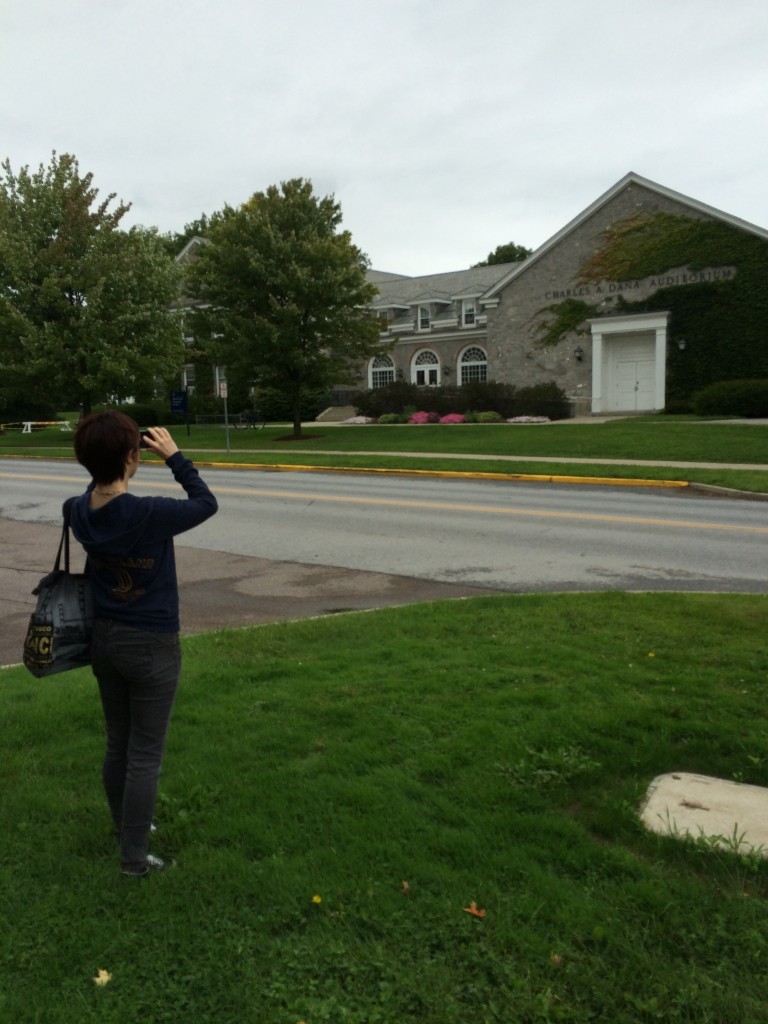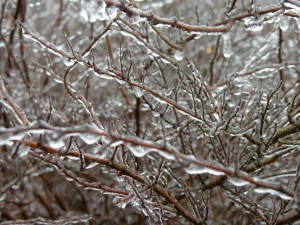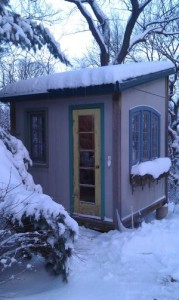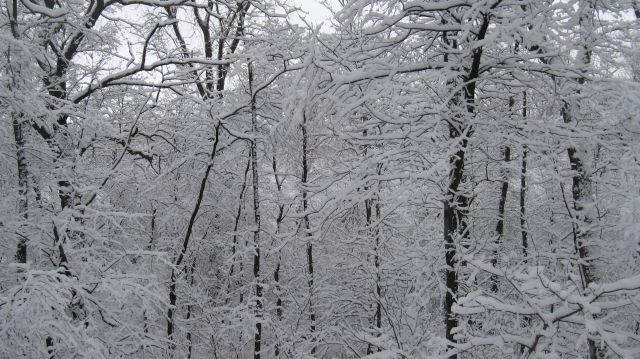I haven’t written a “creative” word in a month. That might be an odd way to start a blog post about writing, but it’s the truth—and wherever there is truth, there is a puzzle for a writer to examine.
I can point to several reasons why I haven’t been writing, of course. Aren’t there always reasons? First, I just returned from a two-week trip to Alaska, so I was away for two weeks of the month in question. Second, every moment of the two weeks before the trip felt busy with preparations and tinged with anxiety—after all, my husband and I would be traveling on four flights, a train, a bus, two small boats, and a medium-sized cruise ship.
A third reason goes like this: feeling relieved at the opportunity to disconnect from the Internet, I left behind my laptop, which would have been difficult to tote on and off planes and from one place to another on the ground or at sea. I did pack a small, handmade notebook from a Tanzanian craft shop that employs people who live with physical challenges. I thought the notebook’s history would motivate me to write, but its pages remained blank throughout the trip.
All of these reasons sound good when I write them down, but the truth is I can’t explain the lack of writing. I have never before traveled to such an inspiring place without writing a single word while I was there. Each day I thought about writing (and I did dictate journal entries into my iPhone), but day after day I avoided that little notebook and wondered, in the back of my mind, why I was doing it.

What I was doing was taking photographs. My camera, I’d always known, was coming with me to Alaska regardless of how awkward it would be to carry it. From the moment our plane landed in an Anchorage flooded with daylight at 11 o’clock at night, I snapped photo after photo after photo. I captured images of snow-covered mountains, of rivers carrying glacial silt through scenic valleys, of seagulls chasing the spouts of humpback whales, and of seals resting on ice caps recently calved from retreating glaciers. I took photos of a wolf tailing a grizzly bear across a mountainside, of a herd of caribou on a hilltop, of 20,310-foot-tall Denali on a rare sunny day. And the bald eagles! I had only seen four in the wild before this trip, but in Alaska, the sky and the trees and even the rooftops seemed filled with them, and I couldn’t stop clicking at their magnificence.
A number of writers I admire also take photographs. As I captured image after image in Alaska, I wondered about this impulse. Why was I obsessed with my camera, while the little notebook languished, unopened, in my suitcase?

Somewhere between Anchorage and Denali and Seward and Skagway and Hoonah and Ketchikan, it occurred to me that my goal with a camera is pretty much the same as my goal with a pen. I’m trying to capture the world around me in all its beauty, its glory, its sadness, and its grit so that I can save and relive the moments, and then share them with others. Like any writer or photographer or artist in any media, I can’t recreate the world as it actually exists. I can only interpret it through the filter that is—for better or worse—me. A bald eagle exists in all its magnificence in and of itself. All I can do is try to capture its essence and the wonder I feel when I see it. Then I can show it to others with an unspoken question: “Do you see what I see?” I want someone else to see it, too, so I can share the experience—and also so I’m not alone in that wonder.
With creative writing (whether it’s fiction, creative nonfiction, poetry, or dramatic writing) the process, I think, is much the same. The writer observes something or feels something or experiences an event, and then captures, frames, interprets, recreates, or re-imagines it based on a personal understanding and sensibility. Through this process, the story is infused with the meaning the writer attaches to it. Finding the right sharpness or clarity or beauty in the delivery is what requires click after click after click of the pen or keyboard.
Of course, there is one central difference between photography and writing. Photographs are visual images made up of (or at least based on) shapes and colors and light that exist outside the photographer, out there in the world at the moment when the shutter is snapped. How the photographer perceives those images and frames and interprets them with a camera is, of course, the art. Written texts, on the other hand, are born of observations of the outside world that become stories when they merge with the ideas, memories, and imagination in the mind of the writer. The texts won’t exist unless the writer makes use of that complicated, beautiful, difficult, and (for me) often dreaded tool: words.
Words. There are so many words! And writers have to choose just the right ones every time! And the choice of which words to use makes all the difference.
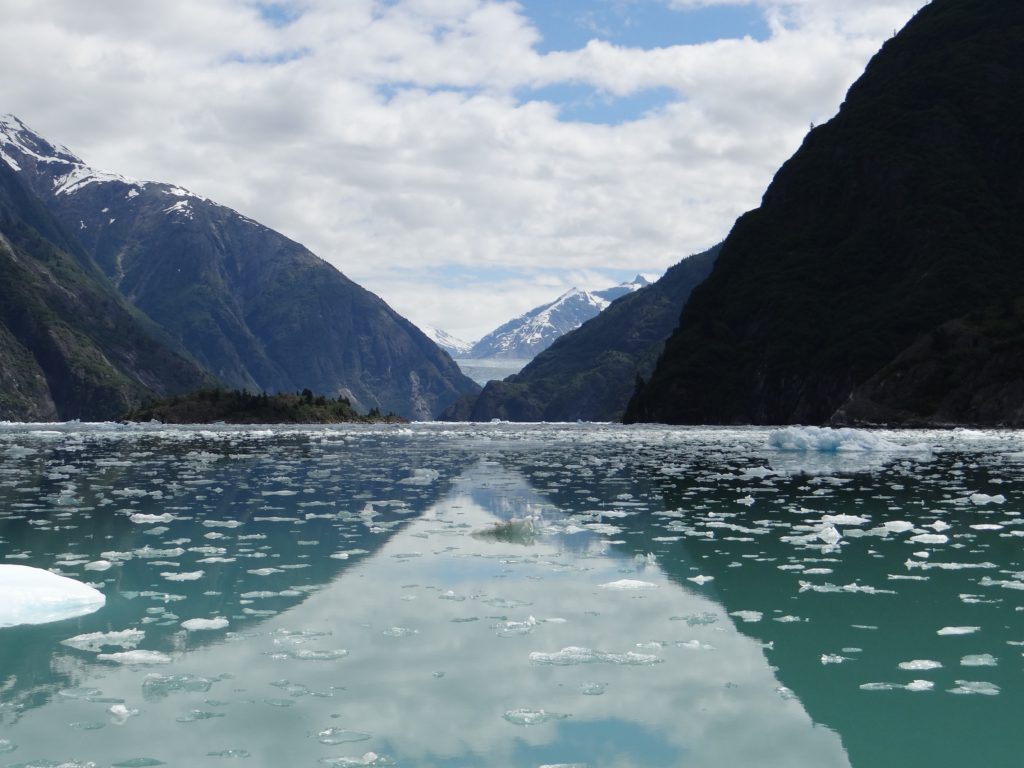
Sometimes, for me, the words just don’t come. While I was in the great, vast, wild state of Alaska, they eluded me completely. The wilderness was so stunning that words failed me. One definition of the word “stunning,” by the way, is to be “able or likely to make a person senseless or confused.” That is what Alaska did to me. It stunned me. It left me senseless and confused…wordless. But, I have to say, happily, ecstatically so.
Now I am home. Now, as a writer, my job is to make sense of what struck me senseless. The weeks, months, and maybe even years of translation and interpretation through the imperfect filter that is me must begin.
But why? Why not leave Alaska to be remembered through the hundreds of photographs I came home with, the eagles and the glaciers, the mountains and the waterfalls, the seals and the wolf and the whales? I certainly love the photos, and if I were a better photographer, photos would rightfully be enough.
But for better or worse, I’m a writer. And ever since I was a little girl, all I wanted was to find the right words.


